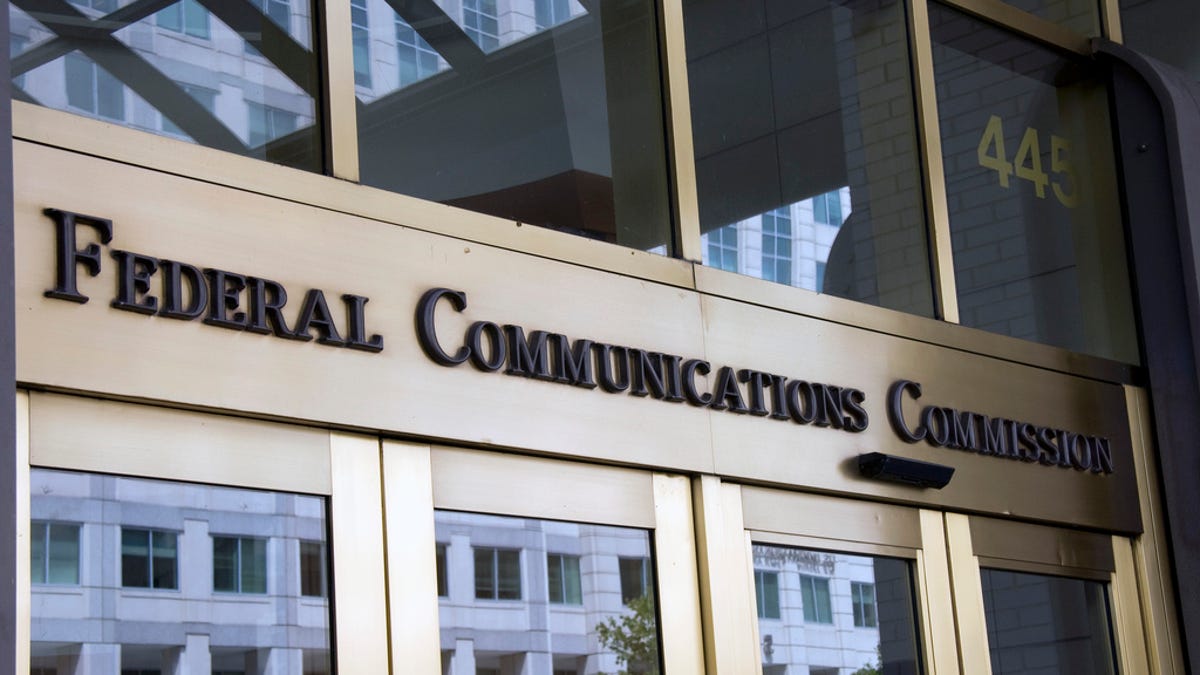FCC gives over $1M in phone subsidies to dead people
A report from government watchdog GAO finds extensive fraud in the FCC’s Lifeline program for the poor.

A three year audit of the FCC's Lifeline phone subsidy program finds rampant waste, fraud and abuse, according to government watchdog GAO.
A federal program that subsidizes mobile phone and broadband service for poor Americans is rife with waste, fraud and abuse, according to a new government report.
On Thursday, the Government Accountability Office issued the result of a three-year audit of the subsidy program, which found that more than a third of customers receiving the subsidy could not be confirmed as eligible for the program. The study, which looked at data from June 2014 until May 2017, also found that $1.2 million annually had gone to fake or deceased individuals.
The GAO said subcontractors hired by telephone providers to conduct background checks on applicants contributed to the inconsistencies. The report also found mechanisms that had been put in place to prevent abuse had failed. For instance, the Universal Service Administration Company, a nonprofit corporation tasked with keeping tabs on carriers participating in the program, audited less than one-tenth of 1 percent of participating carriers.
"A complete lack of oversight is causing this program to fail the American taxpayer -- everything that could go wrong is going wrong," Sen. Claire McCaskill, the top-ranking Democrat on the Senate Homeland Security and Governmental Affairs Committee, said in a statement. "We're currently letting phone companies cash a government check every month with little more than the honor system to hold them accountable, and that simply can't continue."
McCaskill had requested the investigation into the program in 2013.
The report also found that the FCC has never evaluated whether Lifeline, which has been around for more than 30 years, has ever achieved its goals.
Last year, the FCC approved a plan for a third-party to evaluate the program by December 2020. It also approved plans to modernize the program by expanding the scope of the program to include subsidies for mobile and fixed broadband service. When the program was originally developed in the 1980s it helped provide assistance for traditional landline phone service to low-income households.
More than 12 million households received Lifeline subsidies with disbursements totaling $1.5 billion between October and December 2016, according to the GAO report.
FCC Chairman Ajit Pai said the GAO's report confirmed concerns he expressed last year when the agency then under Chairman Tom Wheeler, a Democrat appointed by President Barack Obama, voted to expand the Lifeline program.
"Last year, I led an investigation into the Lifeline program that revealed serious weaknesses in federal safeguards," he said in a statement. "Today's GAO report confirms what we discovered then: Waste, fraud, and abuse are all too prevalent in the program."
Pai said the FCC is already working to put in place more effective safeguards.
"I stand ready to work with my colleagues to crack down on the unscrupulous providers that abuse the program so that the dollars we spend support affordable, high-speed broadband Internet access for our nation's poorest families," he added.
Earlier this year, Pai blocked nine companies, which had been approved by a national verifier set up by former chairman Wheeler, from joining Lifeline.
Republicans in Congress were quick to use the report to criticize the previous FCC's efforts to reform Lifeline. Sen. John Thune, R-S.D., chairman of the Senate Commerce, Science, and Transportation Committee, said the report "underscores the mistake the previous leadership of the FCC made last year" in not bringing enough accountability into the program.
"While the current leadership of the FCC inherited this mess, it nonetheless falls to them to address the serious shortcomings of the Lifeline program if it is ever to serve its intended purpose," Thune said in a statement. "As chairman of the Senate Committee with jurisdiction over the FCC, I will work with my colleagues and the FCC to address these rampant problems."
Supporters of the program said the current FCC shouldn't overreact to the report and use it as justification to gut a program they say helps millions of poor Americans access 911 and other communications services.
FCC Commissioner Mignon Clyburn, a Democrat who has long defended the program, said in a statement that cutting back on Lifeline would be catastrophic for the people most in need. Instead, she said the FCC should roll up their sleeves and address "any imperfections that remain."
"We have a choice to make: be short-sighted and weaken a program designed to assist our nation's most vulnerable or fix what may be broken," she said.

